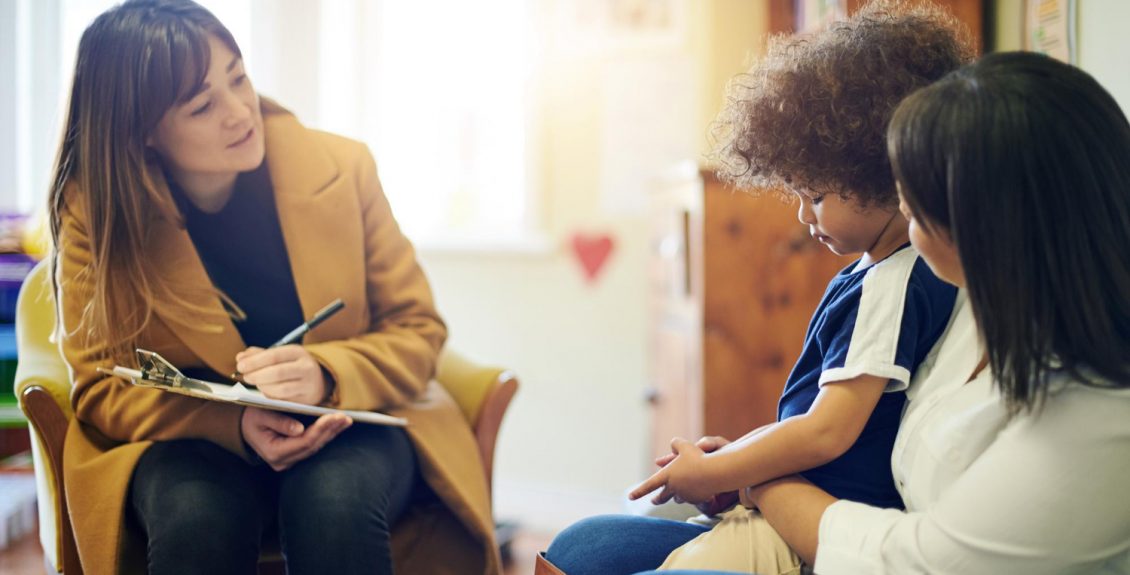Depression deserves to be taken seriously. Yet it may not be easily recognized in children and adolescents. With the right care or support, however, depression in children can be treated and managed effectively going forward.
Let’s go through what parents should know.
Understanding Depression
It’s natural to be a little confused about what depression is. It is a mental health condition that involves more than just occasional ups-and-downs, even in children. Persistent feelings of sadness and hopelessness characterize depression.
Importantly, depression is not something a child can just “snap out of,” and it is not a matter of children just being moody or lazy. As a recognized and serious mental health condition, depression is not a phase that children outgrow. Early intervention is important, as there is an increased chance of depression having a significant negative effect the longer the condition goes untreated.
While depression in children shares many symptoms with depression in adults, it can turn up differently. Also, children may not be able to express themselves in the ways adults can. Accordingly, children may act out in various ways, withdraw from others, and more, as they deal with depression.
Causes of Depression in Children
While there isn’t a single cause of depression, certain factors play a role in whether or not it develops. This is just as true for children as it is with adults. Some of the more notable causes of depression in children are:
- Family History: Children with parents or close family members who have experienced depression are more likely to develop the disorder.
- Stress: High stress levels can trigger or worsen depression, regardless of where the stress comes from.
- Trauma: Any kind of trauma, such as abuse, the death of a loved one, or neglect, that a child has experienced can significantly increase the chances of the child developing depression.
- Bullying: A child who is a victim of bullying has an increased chance of developing depression, especially if the bullying is long-term.
- Loneliness: Children who struggle to connect with people and who feel isolated have a heightened tendency to develop depression.
While these causes don’t guarantee a child will develop depression, they make it more likely that children will, especially for a child who experiences several of these causes.
Common Signs of Depression in Children
Depression can often be subtle, especially when it’s first developing. It can often be mistaken for something else. Parents could believe their children are just having a low period, for example, instead of recognizing the presence of depression.
Signs of depression in children include:
- Changes in appetite or sleep
- Loss of interest in activities that a child previously liked
- Decreased level of performance in academics or extracurricular activities
- Changes in temperament, including the presence of outbursts or mood swings
- Persistent feelings of sadness or hopelessness
- Talk of experiencing aches and pains
- A change in a child’s appearance
- Withdrawal from friends and family, as well as avoidance of social interactions
Knowing the common signs of depression in children puts parents in a better position to offer help and to seek out professional treatment.
When to Seek Help
Feeling sad or overwhelmed becomes an issue when these feelings last for two weeks or more, which is an indicator that your child or teen is depressed and that seeking help may be the right decision.
Notable indications that you should seek help for your child include:
- Symptoms that have lasted for several weeks
- Symptoms negatively affecting daily life
- Your child has expressed thoughts of self-harm or not wanting to be alive — if your child is in danger of physical harm, you should call 911 for emergency care
Knowing when — and how — to look for help is vital for helping your child heal. Early intervention can increase treatment effectiveness going forward and may be a major contributor to lasting wellness for your child.
Treatment Is Available
The good news is that depression in children is treatable and manageable. Your child doesn’t need to deal with it alone. Recognizing that something is wrong and that your child needs help may feel daunting. But, it’s important to take steps to help your child move forward.
Depression Treatment We Offer
Our depression treatment services are provided by mental health professionals specifically trained to help children and teenagers. We work to create a safe space where children feel comfortable expressing their feelings and needs. Our professional team takes a tailored approach, recognizing the importance of understanding the unique situation of each child, and offer:
- Comprehensive Evaluations: We will carefully assess your child’s mental and emotional well-being to develop a personalized care plan.
- Therapy Sessions: We offer both in-person and virtual therapy sessions, including cognitive behavioral therapy.
- Referrals, When Needed: If your child needs additional services, such as a psychiatric evaluation or a particular specialized service, we provide referrals to trusted partners.
There are many non-medicated approaches to treating depression in children. For some children, medication can be an effective approach, notably when used in combination with cognitive behavioral therapy. Medications prescribed for treating depression may take 4-6 weeks to begin showing effectiveness, and 3-6 months of therapy is a recognized timeframe for long-term benefit.
Depression Care for Children
We understand that dealing with depression can be difficult, and we have an experienced staff ready to provide support and professional care. If you’re concerned that your child is dealing with depression, get in touch today. To learn more, call (208) 534-7881.
